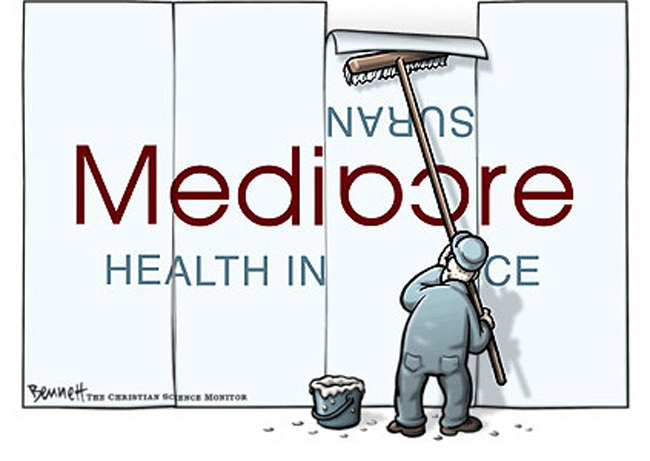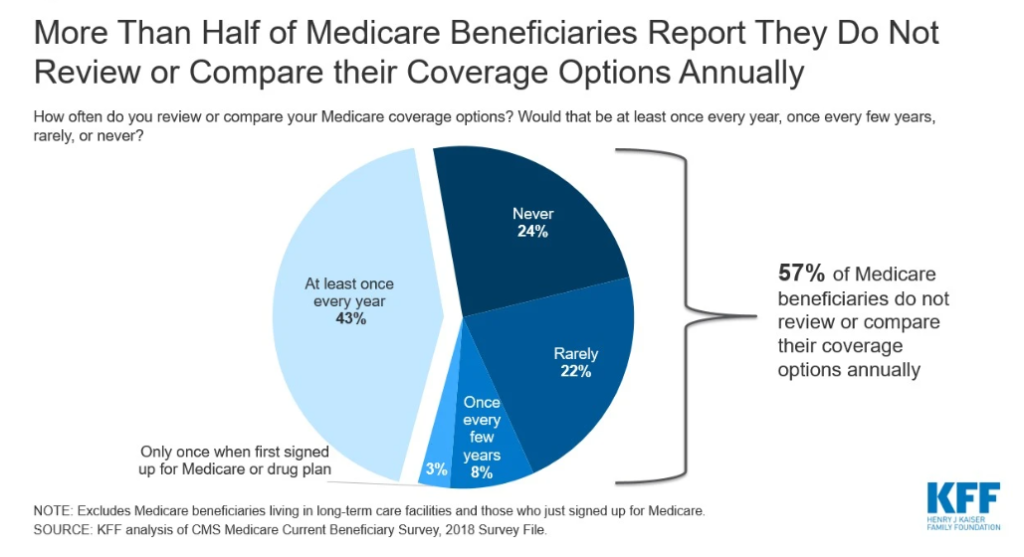Health & Medicare
Medicare
Medicare is a U.S. federal health insurance program primarily for individuals aged 65 and older, though it also covers certain younger individuals with disabilities. It consists of different parts, including hospital coverage (Part A) and medical services (Part B). Additional plans (Part C and Part D) provide more comprehensive coverage and prescription drugs.

Part A:
Hospitals (Part of traditional Medicare)
Medicare (Part A) offers inpatient hospital care coverage, hospice care, and limited skilled nursing facility services for eligible individuals, often without a premium due to prior Medicare taxes.
Part B:
Doctors (Part of traditional Medicare)
Medicare (Part B) provides outpatient medical coverage, including doctor visits, preventive services, and some home health care, helping eligible individuals maintain their health with comprehensive medical services.
Part D:
Medications (with private insurance company)
Medicare (Part D) is a prescription drug coverage program, offering medications through private insurance plans, helping eligible individuals afford essential prescription drugs and improving overall health outcomes.
Part C:
Medicare Advantage (with private insurance company)
Medicare (Part C) also known as Medicare Advantage, it is Original Medicare and by combining Part A, B, and often Part D benefits, often including extra coverage like vision and dental.

Medicare Supplement “Medigap” (with private insurance company)
Medicare Supplement (Medigap) plans are private insurance policies enhancing Original Medicare by covering expenses such as copayments, deductibles, and the 20% Part B coinsurance. This comprehensive coverage reduces out-of-pocket costs for medical services, including doctor visits, ensuring more financial security for beneficiaries.


Individual & Marketplace (Obamacare)
The Health Insurance Marketplace, established by the Affordable Care Act (Obamacare), is an online platform where individuals and families can shop for and purchase health insurance plans. ACA aims to increase access to affordable coverage, regulate insurance practices, and improve overall healthcare accessibility for Americans.
Group Health
Group health insurance enables businesses to reduce healthcare costs by negotiating lower premiums due to the larger pool of employees. Shared expenses can lead to more affordable coverage, attracting employees and increasing job satisfaction while alleviating financial burdens for both employers and their workforce.



